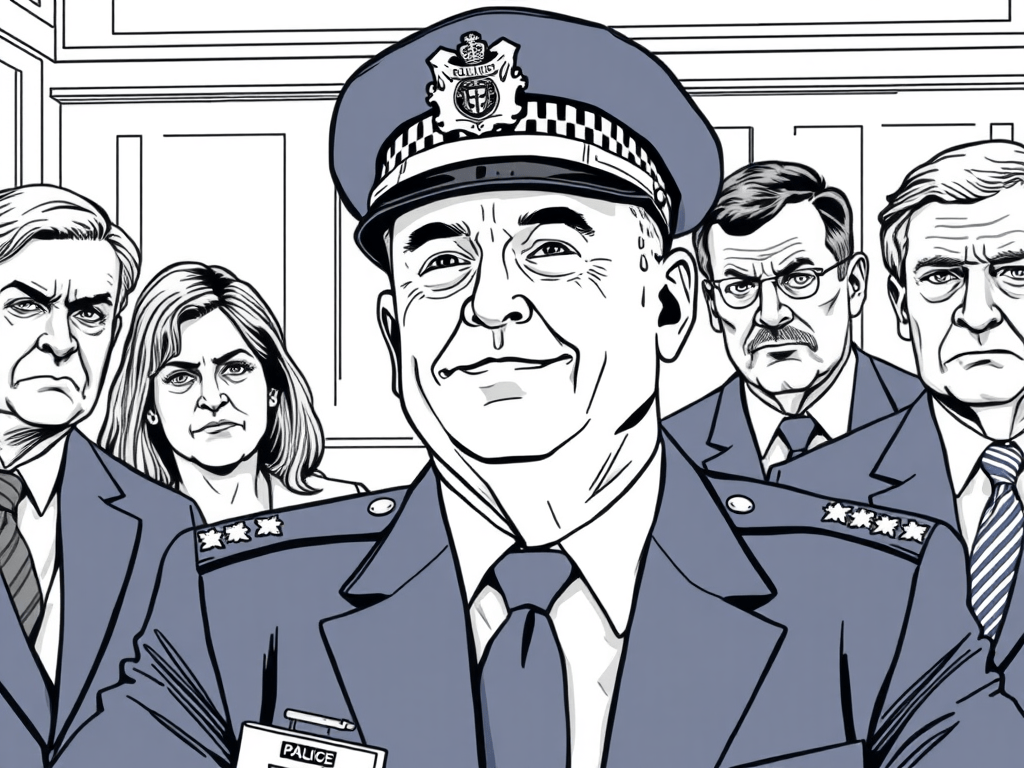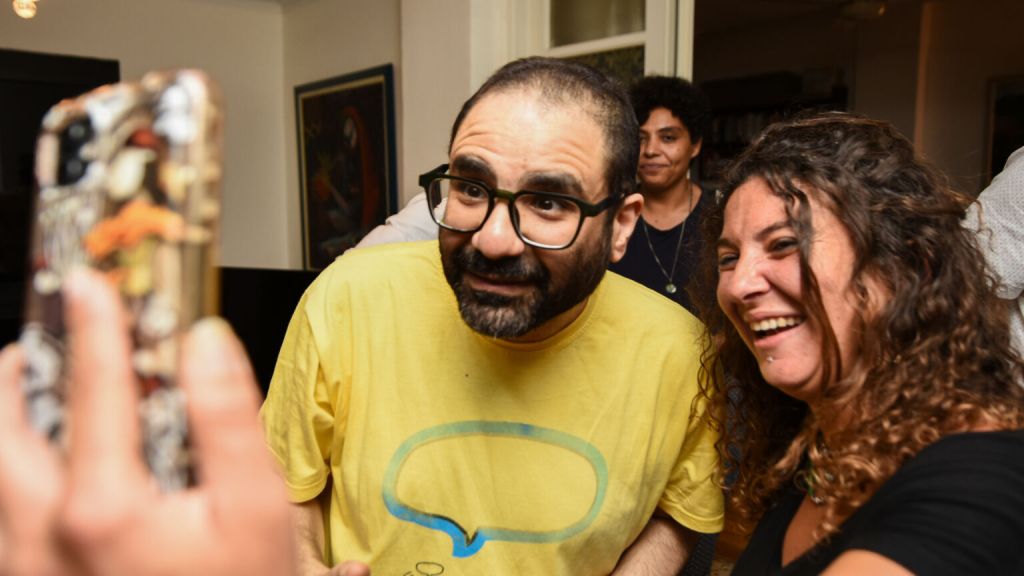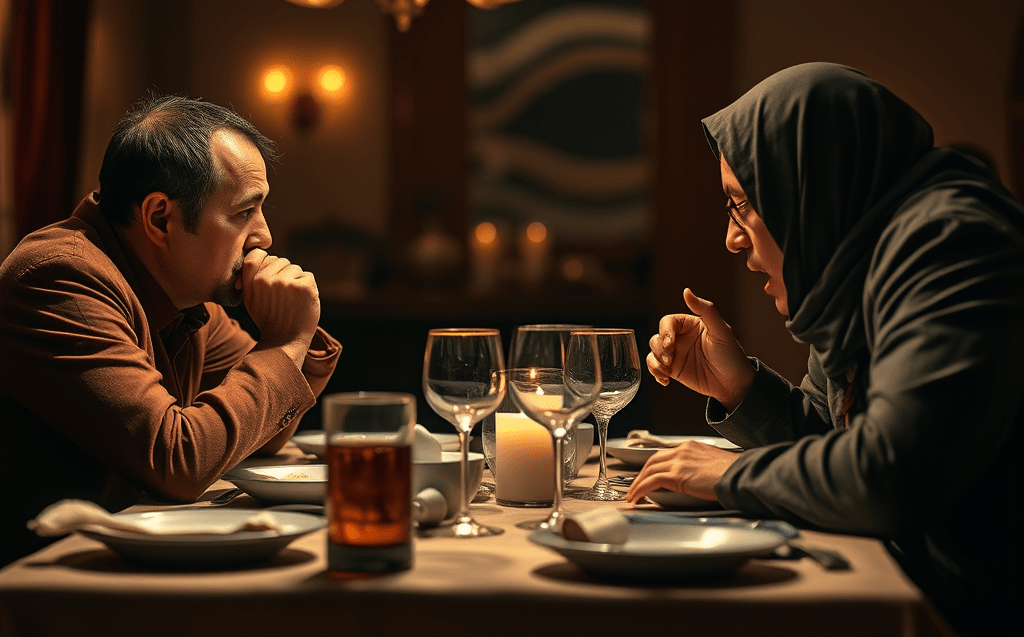Following the current political debates on both sides of the Atlantic is discouraging for those who like to believe (or perhaps delude ourselves) that our opinions are guided by reason. The unpleasant tactics of the US Presidential campaign provide much fuel for cynicism. As someone opposed to the big state policies of Clinton, Trump and (in Britain) May I tend to welcome anything that promotes cynicism about politics but I am also always concerned that if it goes too far there is the risk of something even worse than we have.
Clinton has been caught employing agitators to foment violence at Trump events. Trump suggests the election is rigged and suggests he might not accept the outcome. Every day the same events are used by both sides to justify their own partisan view. Facts don't seem to be determining opinions. Opinions seem to be shaping facts. Meanwhile back in quiet old Britain, our politicians are contorting themselves to suggest that in voting to leave the EU the British people did not intend to leave its central institution — the single market.
Our democracy is in danger because we have overloaded the concept of democracy itself. In the 19th Century when government was a much smaller player in society; controlling perhaps 5% of GDP and performing limited functions the electorate had merely to choose suitable people. It was more difficult than identifying the necessary skills in candidates when choosing a dog catcher, but it was a similar exercise. Now that we are choosing people to make choices for us in every aspect of our lives; even the pronouns we use when addressing each other, in the case of Canadians at the moment, who is to say what criteria to apply? Many agree with me, I suspect, that anyone attracted to such control over fellow humans is by definition unworthy.
A key problem with democracy in a boundless state is understanding what the people mean when they vote. Some will vote for Trump next month because they believe him to have the skills and ethics to be a good president. Others will vote mischievously to shake up the Establishment and specifically the leadership of the Republican Party. Some will vote Clinton because they believe her a sincere, talented and experienced person suited to the office of POTUS. Others think her an appalling crook but will vote for her to keep out Trump.
I think politics has always been "post truth". Take Harold Wilson's "the pound in your pocket" speech for example. There was no glorious age of honest politicians. There was only a state modest enough in scope and scale for the winner of the electoral lying contest not to matter so much.
As things now stand, the intent of the electorate is rarely clear. The choice between Clinton or Trump will be driven — as the choice between Leave or Remain was driven — by loose, accidental alliances of people voting for different and often contradictory reasons. So the winner of any election in the West now gets to write his or her own mandate. We can see that in our own recent change of PM. Cameron had a mandate to do x, y and z. May believes she has a mandate to do a,b and c. Both mandates are based on the same votes by the same people in response to the same circumstances and the same manifesto.
In truth we are just appointing a master to rule us. The only restraint on his choices is his fear of what we might do next time. If an opposition implodes, as Labour has done in Britain and the Republicans in the US, then that fear is removed. If faith in democratic parties fades (as they richly deserve, alas) then the field may even be opened for undemocratic or anti-democratic players.
We are in interesting times and dangerous ones. Our votes are open to wide interpretation. Clegg and Soubry are busy demonstrating shamefully just how wide. Trump or Clinton will soon be proclaiming their absolute right to do whatever the hell they choose on the basis of a reading of the electoral runes that will make soothsaying seem scientific. Yet still most of us seem to believe that if only the quality of politicians could be improved all would be well. We are waiting for a hero, when frankly — given the powers we have allowed politicians to accumulate — nothing could be more dangerous.








Leave a comment